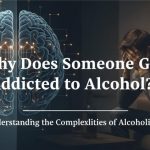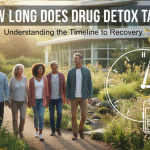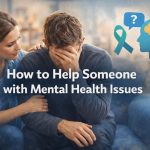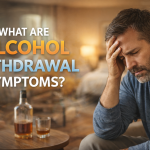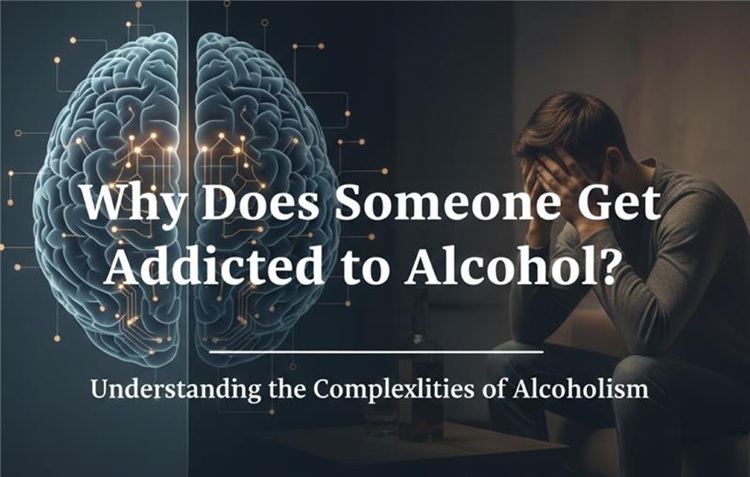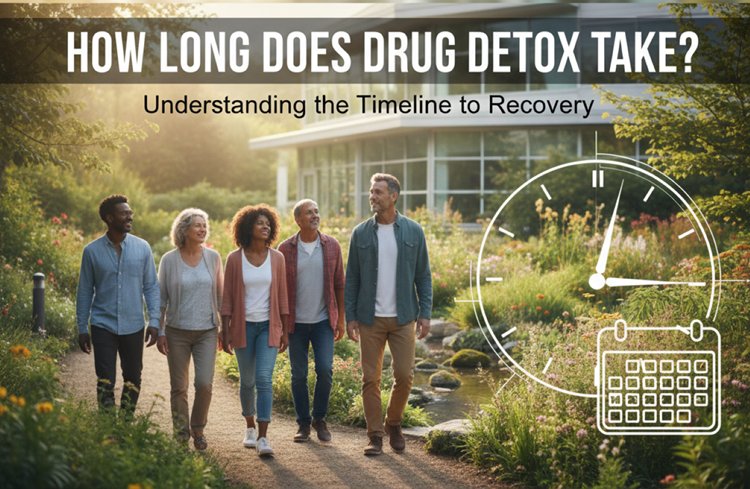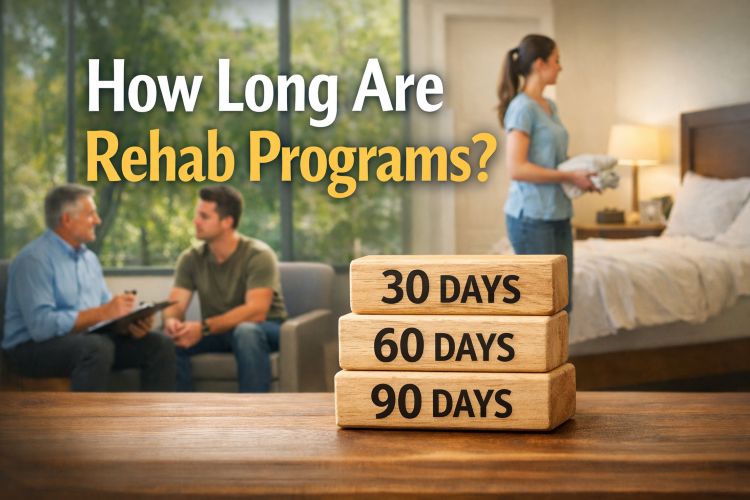Annually, Substance Abuse Prevention Month is celebrated in the United States to let people know about the dangers of drugs and alcohol, suggest ways to prevent problems and encourage everyone to build lives without drugs. Everyone can become a victim of substance abuse and it normally causes serious damage to health, relationships and the environment.
We understand that helping people stop problems is just as important as helping them deal with current problems. When we understand how substance abuse affects people, educate others and ensure more people can access these kinds of services, we can greatly help our communities.
This blog looks at the concept of Substance Abuse Prevention Month, why substance abuse happens, its outcomes and why treating substance abuse is important in helping to change lives.
What is Substance Abuse Prevention Month?
Substance Abuse Prevention Month is observed each October to highlight the critical need for proactive education, awareness, and prevention strategies that reduce drug and alcohol misuse. It began to ensure that those who died from addiction are honored and tools are offered to youth so they can steer clear of substance misuse.
The goal is not only to prevent new cases of substance abuse disorder, but also to support ongoing recovery efforts for individuals already in treatment or remission. Community involvement, acting early on possible problems and ensuring access to support services are important aspects as well.
The Scope of Substance Abuse in the U.S.
Many people are affected by substance abuse. The Substance Abuse and Mental Health Services Administration (SAMHSA) made this statement:
- More than 46 million Americans aged 12 or older were affected by substance use disorder in 2022.
- Compared to other substances, alcohol and marijuana were used the most, with fentanyl and similar drugs causing more people to overdose.
- Addiction is frequently joined by mental health issues which make both treatment and recovery more complex.
These numbers stand for individuals close to us, such as parents, siblings, friends and coworkers, who deal with a disease that affects different areas of daily life.
Understanding Substance Abuse: Causes and Risk Factors
Substance abuse is usually influenced by other factors. It usually happens because of many factors working together.
Genetics and the Past of Your Family
It becomes more likely that an individual will struggle with addiction when someone in the family has gone through addiction. Genetics plays a role in determining how the brain deals with substances and how a person’s risk for dependency grows.
Problems With Mental Health
Substance abuse is often found at the same time as depression, anxiety, PTSD and various mental disorders. People may decide to use drugs or alcohol to deal with negative emotions or find relief from emotional distress.
The Brain Changes as it is Used
Using drugs or alcohol in adolescence may prevent the brain from developing healthily, so youth are more likely to develop addictions in the future.
Trauma and Stress
If people experience continued trauma, abuse, neglect or loss, they might turn to substances to cope.
If these risks are spotted early, actions can be put in place that respond to the needs of each person and community.
The Effects of Substance Abuse
Substance abuse affects many areas, including health, mood, relationships and the way society works.
- Health Consequences
If a person abuses drugs for a long time, they may develop liver damage, heart problems, issues with breathing and a higher chance of catching infections. You should know that opiates can cause accidents that may result in overdose and death.
- Significant impacts are caused by Mental Health issues.
Abuse of drugs or alcohol may aggravate mental health conditions someone already has or create new ones, for example, paranoia, depression, psychosis and the urge to harm themselves.
- Stress within Families and Relationships
Addiction may cause trust, open communication and strong family ties to break down. Such a relationship might result in being ignored, having money problems or experiencing domestic abuse.
- The Legal field is related to Work.
People who abuse drugs or alcohol are likely to lose their jobs, not do well at work and get in trouble with the law through DUIs, arrests or criminal charges.
- Societal Cost
Taking care of substance abuse issues in communities and workplaces results in huge, billions-of-dollars-strong costs for both communities and governments.
Such effects mean that proper treatment and prevention are critical to handle the problem.

When Prevention Isn’t Enough: The Role of Treatment
While prevention is essential, many individuals are already in the throes of substance abuse disorder. When these accidents occur, good and caring treatment for substance abuse is needed.
To treat addiction, healthcare providers should use individual plans based on science and deal with all the challenges it brings. This includes:
Medical Detox
Getting help from medical staff during withdrawal is often the first important thing in recovery.
People can choose between Inpatient and Outpatient Programs
People with addiction can receive treatment ranging from living in residential facilities to going to IOPs, which suit their specific level of addiction.
Psychotherapists can work with Therapy and Counseling
CBT, trauma-informed care, group meetings, and family counseling enable individuals to grasp the reasons for their addiction and find new ways to handle their problems.
Dual Diagnosis Recovery Process
Many people deal with addiction and mental health issues at the same time, which makes treating them together unavoidable.
Care After Treatment and Helping to Stay Free from Addiction
Having continuous care, joining groups made up of past patients and meeting with addiction counselors supports lasting recovery.
Substance Abuse and Mental Health Services: Working Together
Addiction goes beyond physical problems and it has strong effects on mental health too. That’s why both services for substance abuse and mental health must be combined. Via dual diagnosis here at Palm Coast Treatment Solutions, those we serve can be treated for their various needs: body, mind and spirit.
Our group of trained professionals, including clinicians, counselors and doctors, provides all-around care to help those recovering from addiction last a lifetime.
How You Can Get Involved This Substance Abuse Prevention Month
This October, take part in Substance Abuse Prevention Month by:
- Making others aware of the possible risks of substance abuse.
- Spending time or offering money to assist local organizations that help with prevention or treatment.
- Discuss healthy decisions with both your kids and the people in your community.
- Going to events like walks, talks, or efforts to inform the community.
- Helping the person in recovery by giving positive support and being understanding.
If we join forces, we can give more attention to stopping addiction and assist those struggling with it.

Get Help Today at Palm Coast Treatment Solutions
When someone is caught up in substance abuse, help is available for you or them with just a phone call. At Palm Coast Treatment Solutions, we provide personalized, evidence-based treatment for substance abuse disorders and co-occurring mental health issues.
Our programs are tailored to your needs, no matter if you are beginning treatment or continuing your recovery journey. Call us at (386) 284-4151 today.






